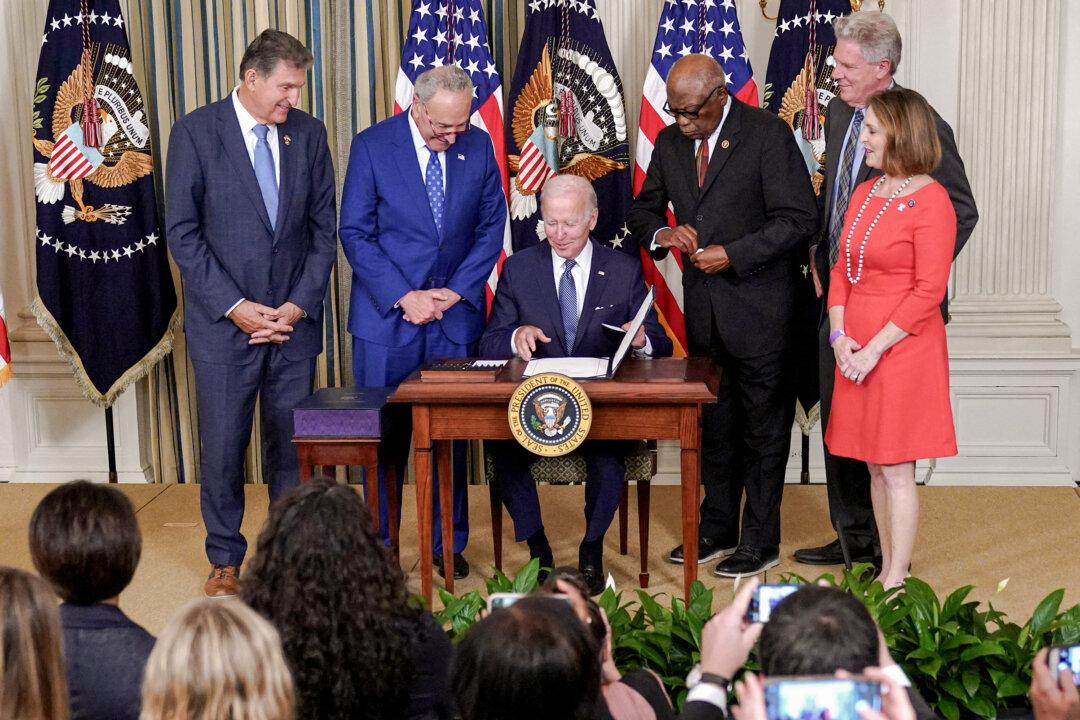Commentary
Senator Josh Hawley (R-Mo.) recently introduced a bill that would limit the interest rate credit card issuers can charge at 18 percent. This is populism and not well-thought-out policy. Many other populist policies are popular, but their real effect isn’t what was advertised. Mr. Hawley’s idea also is terrible economically and will hurt the people it is designed to help. The senator is a conservative firebrand, but this policy shows they didn’t teach Microeconomics 101 in law school. He has been admirable in drawing attention to and speaking out on many issues—but he missed the mark badly on this one.





